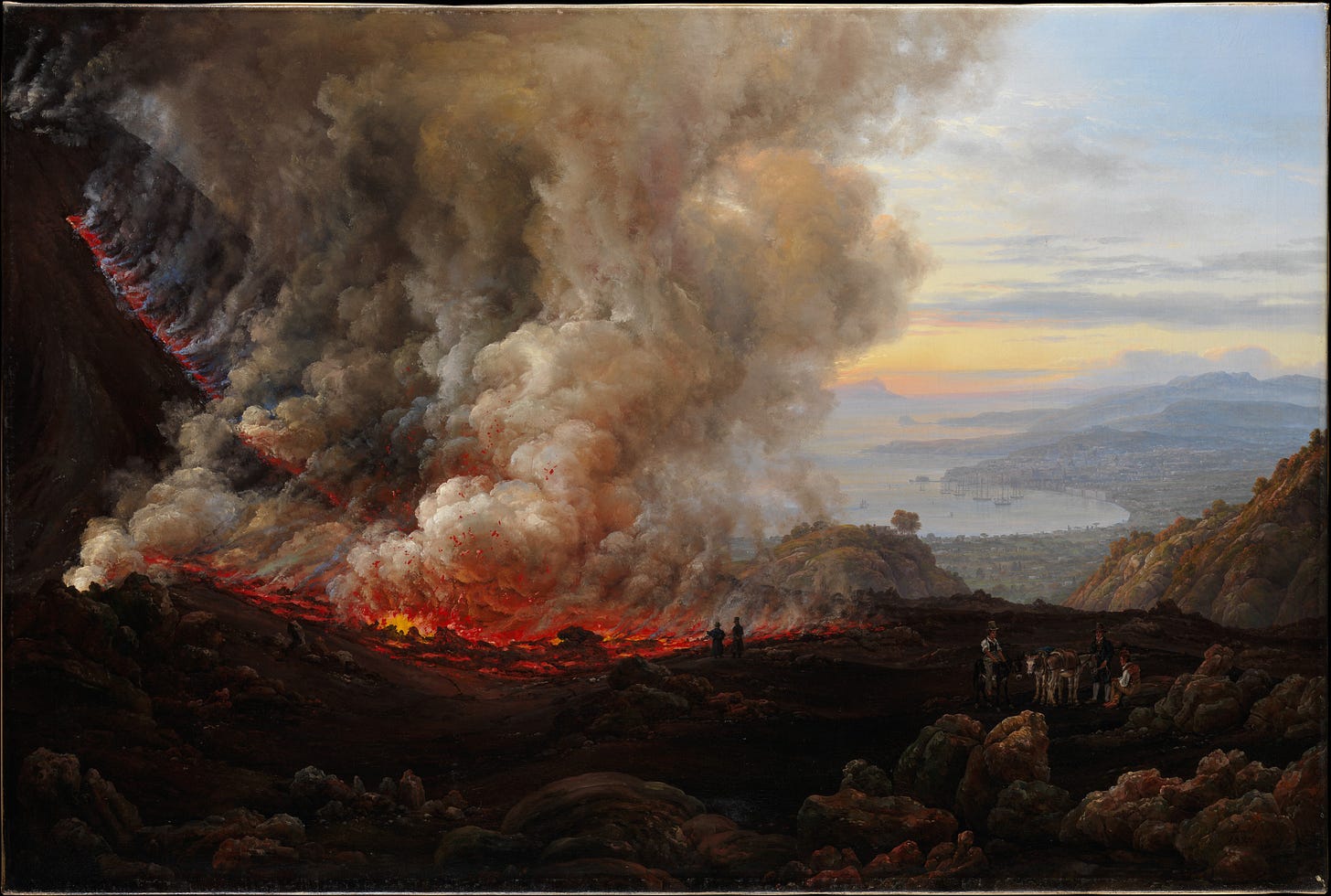When the World Trembles, True Leaders Reassure
The language of leadership is truth, humility, and unity in our shared humanity

“Nearly all men can stand adversity, but if you want to test a man’s character, give him power.”
— Robert Ingersoll, 1883
In the annals of American public life, few moments so clearly display the anatomy of leadership in crisis as Robert F. Kennedy’s impromptu remarks in Indianapolis on the night of April 4, 1968.
Martin Luther King, Jr. had been assassinated in Memphis only hours before, and while cities across the country erupted in flames, Kennedy, standing on the back of a flatbed truck before a mostly Black audience, chose to speak with the humility and vulnerability of shared grief.
He began with the hard truth, acknowledging the terrible fact that Reverend King was dead, struck down by violence.
“Ladies and Gentlemen, I'm only g…



